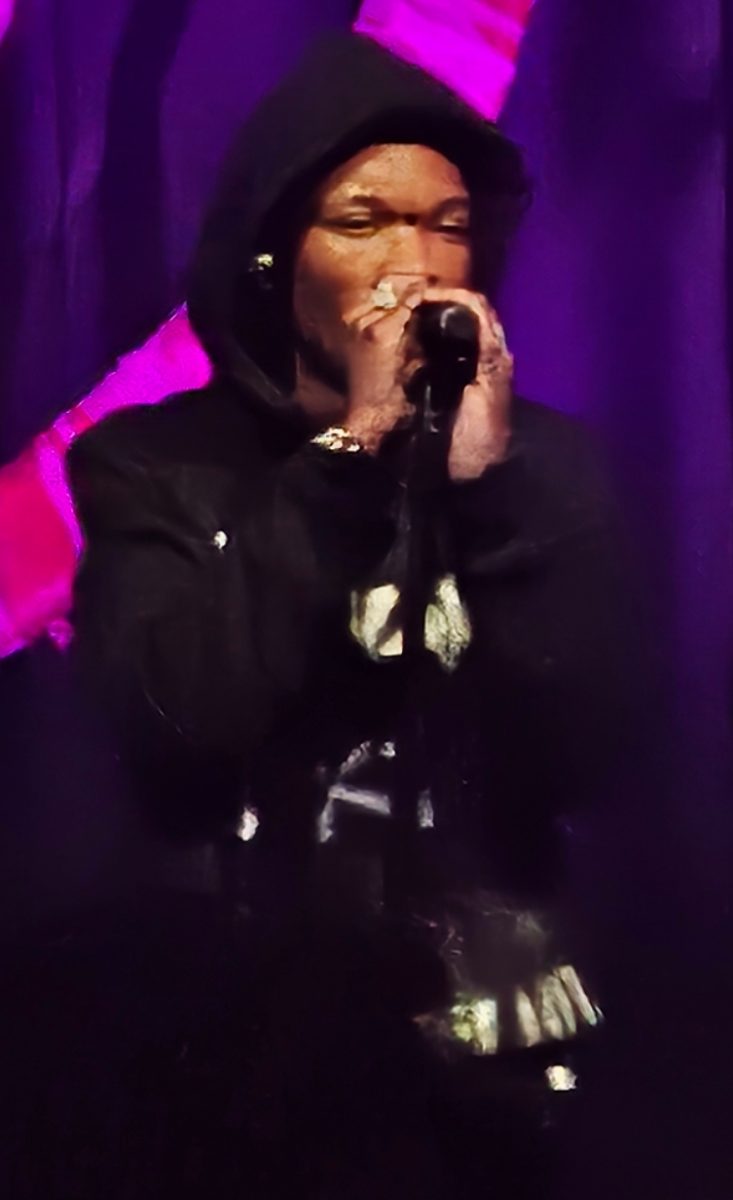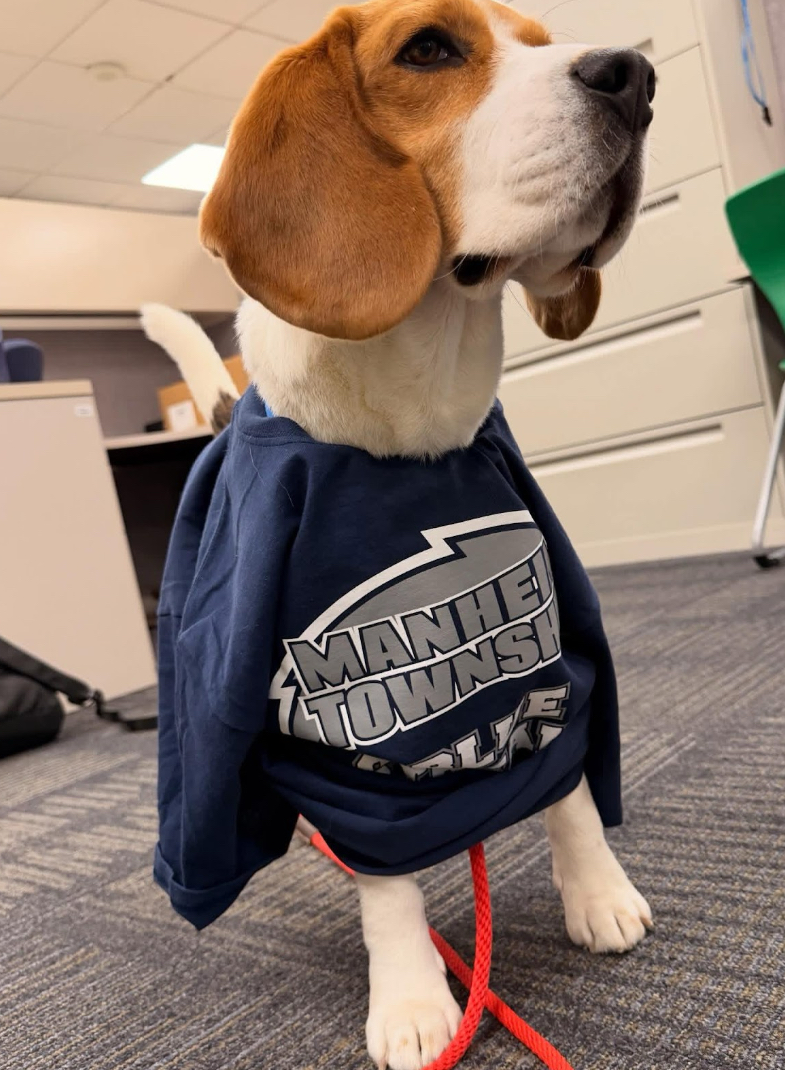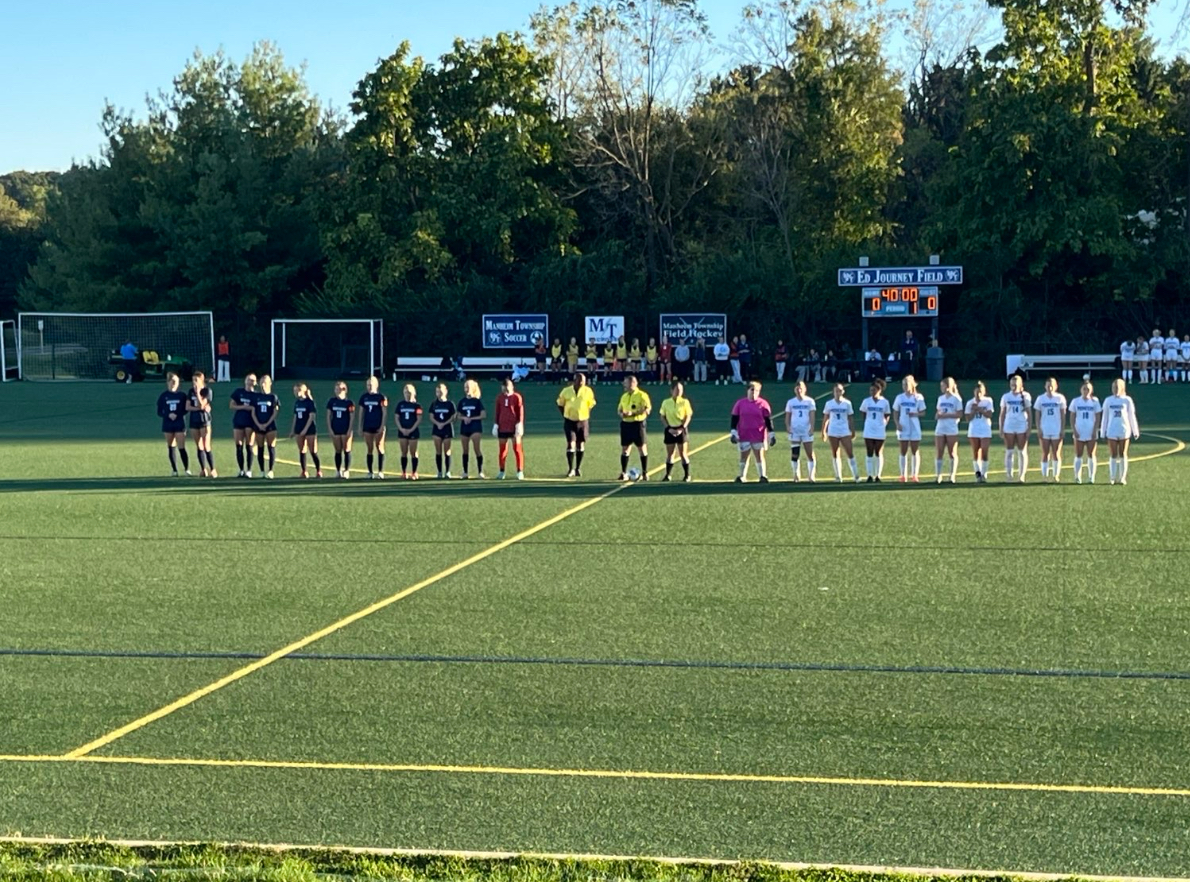First seen in 1933 and recently spotted in Colorado again, a group of rabbits were seen with horn-like growths coming out of their body. Although their appearance looks straight out of an apocalypse movie, scientists say there is no reason to be afraid, as the rabbits seem to be sharing a common virus.
Now called the Shope papillomavirus (CRPV), named after Dr. Richard E Shope, this virus causes wart-like growths that can be most commonly seen to come out of rabbits’ faces. While this virus is usually harmless to humans and other animals and is not necessarily deadly to rabbits, it can cause serious problems for rabbits. For example, the virus can affect their vision or make it harder for them to eat, which makes the rabbits an easy target for predators. Tumors near their mouth or nose can also grow, which could interfere with their breathing abilities, exposing them at risk for respiratory problems. The spread of this virus varies, as not every rabbit has been affected on the same level. Most rabbits are seen with a couple tentacles coming out of their face, while some can be seen with their head completely covered by them. Multiple photos online have inspired people to come up with names such as “Frankenstein bunnies,” “demon rabbits” and ”zombie rabbits”.
Back to the origins of the virus spreading, ancient folklore has also been developed in that process, fueling scientific research that dates back almost 100 years. Based on both the folklore and research, the virus is likely to have influenced myths in North America, which consisted of telling stories about a rabbit with antlers or horns. The same virus seen in rabbits also helped link the connection between viruses and cancer, like the human papillomavirus potentially leading to cancer.
As mentioned before, this virus does not pose a threat to humans, but public health officials still recommend not touching visibly infected and sick wild animals. Pets such as cats and dogs are in no direct risk, but it is still a safe option to keep your pets away from wild rabbits. If you own a rabbit and you start seeing any signs of warts and growths, it is important to immediately seek professional care from a veterinarian.















